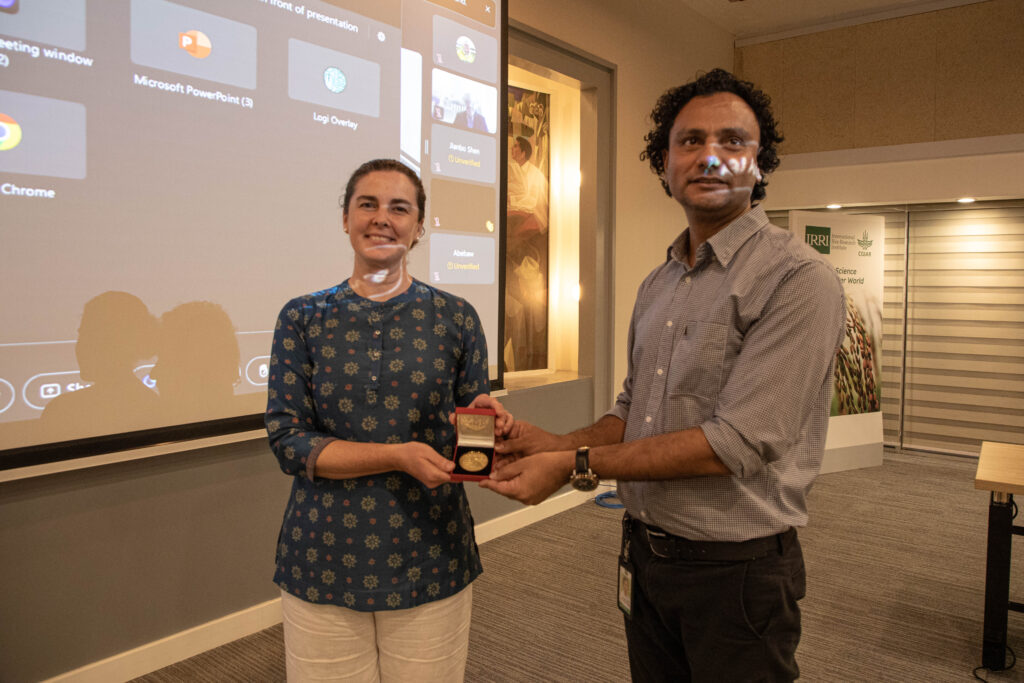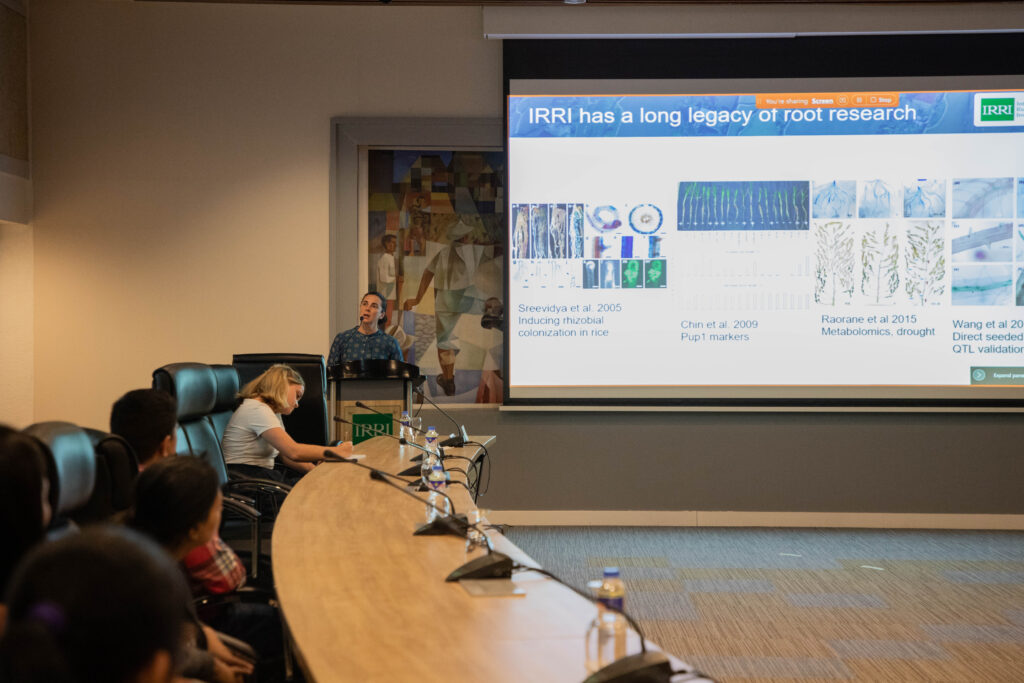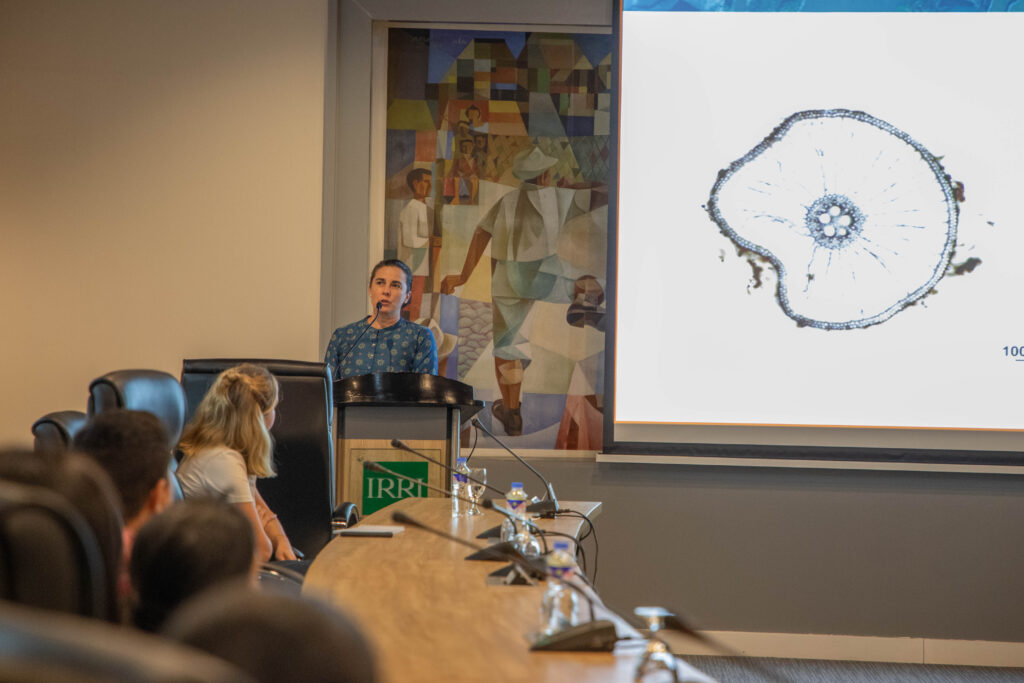10th ISRR Medal Lecture on Root Research
By Tim George, Chair of The Dundee Medal for Root Research Organising Committee
This years’ ISRR Dundee root medal and workshop on “Breeding crops for marginal conditions with an emphasis on roots” took place on the 6th November 2024. This annual event is for scientists interested in root research and the plant/soil interface.
It was hosted by the James Hutton Institute and took the form of a virtual meeting with an international audience of 185 interested registrants, including scientists from the 28 countries including Philippines, India, USA, China, South America, Australia, Africa, and across Europe.
The workshop included a variety of engaging talks from researchers associated with IRRI (International Rice Research Institute) in the Philippines, The James Hutton Institute and University of Aberdeen covering phenotyping root and rhizosphere traits of cereal crops including rice, pearl millet and barley at scale and in contrasting environments.
What is the Dundee Roots Medal
The Dundee Roots Medal is presented annually to a scientist who has made an outstanding contribution in the field of root research. This award is a legacy funded by proceeds from the International Society of Root Research Conference (ISRR) which was held in Dundee in 2012 and hosted by the Hutton.
Our 10th Dundee Root Medal recipient was Dr Amelia Henry of the International Rice Research Institute in the Philippines. Her medal lecture was titled “Integrated root phenotypes under seedling stage drought in direct-seeded rice”



Dr Amelia Henry medal lecture was titled “Integrated root phenotypes under seedling stage drought in direct-seeded rice”
We have received positive feedback from registrants who complimented us on the content and the format and we would like to say a special thanks to the member of the Dundee Root Medal Committee who work on making this event a success and helping with the chairing of the session.
If you would like to catch up with the root medal lecture in its entirety, the recording is available below:
Disclaimer: The views expressed in this blog post are the views of the author, and not an official position of the institute or funder.
